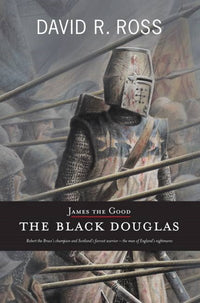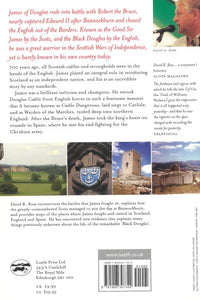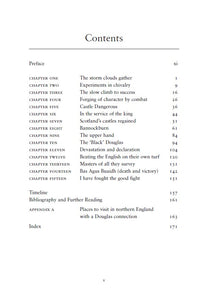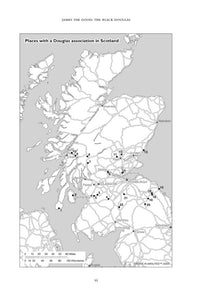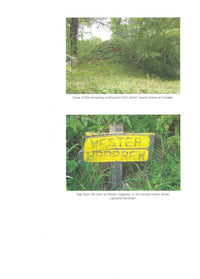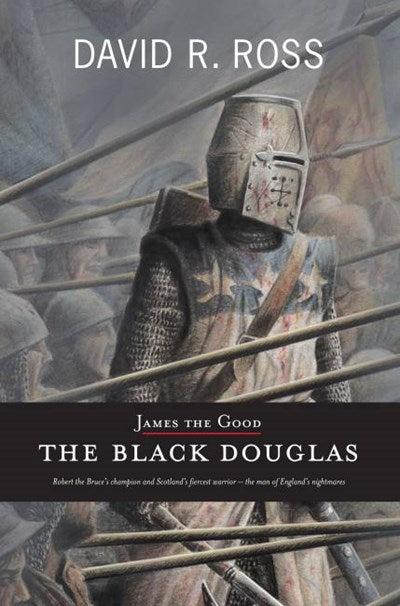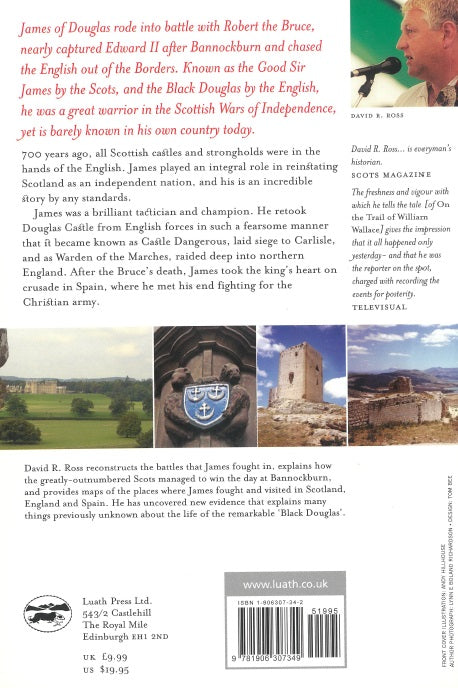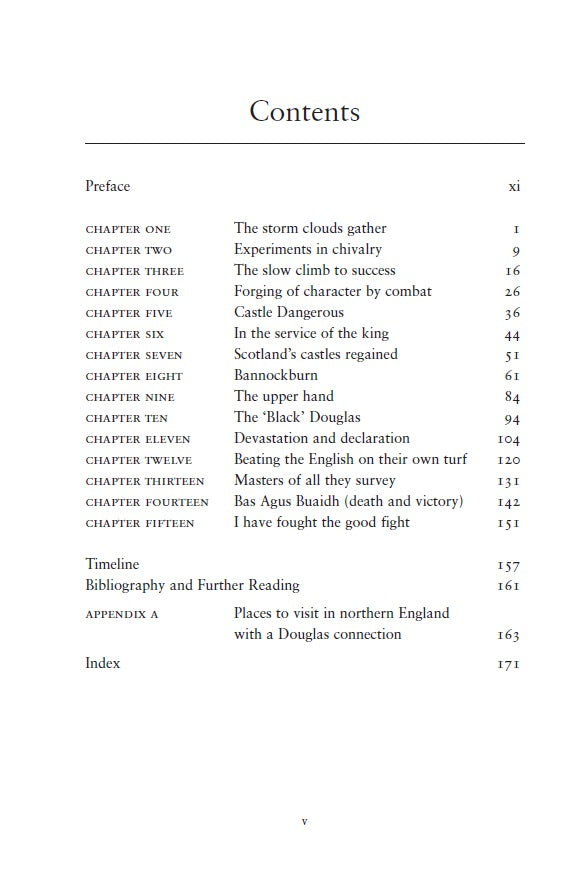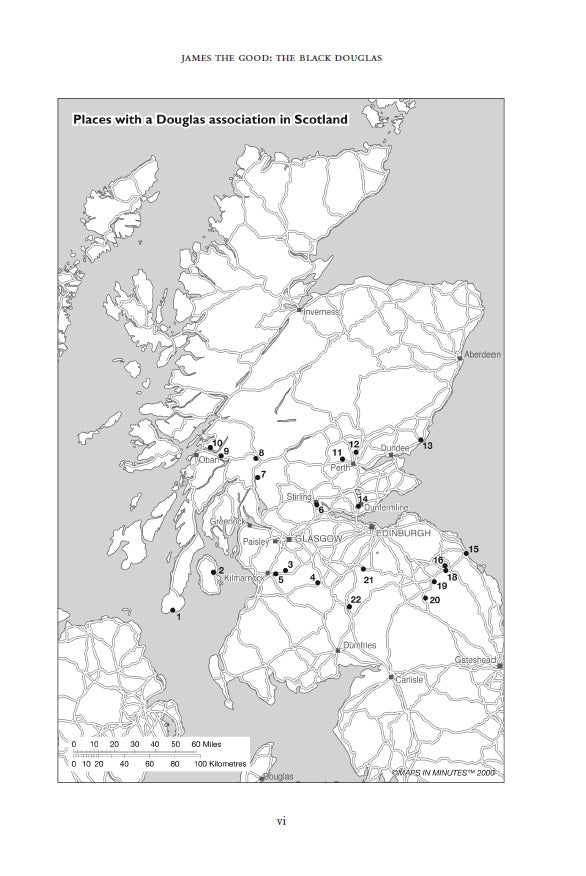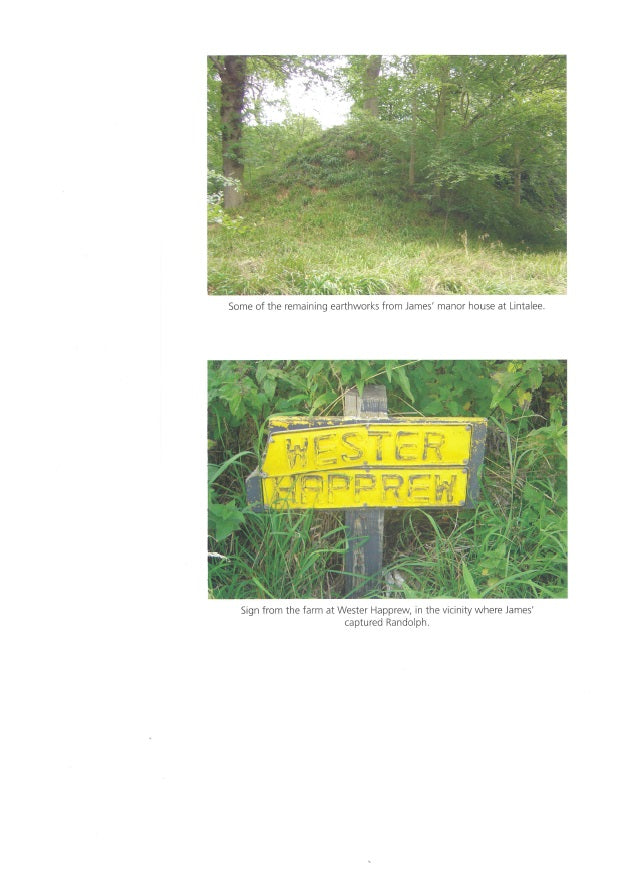James the Good
The Black Douglas
- Regular
- £9.99
- Sale
- £9.99
- Regular
- £9.99
- Unit Price
- per
Our Ebooks are powered by Glassboxx
Click here to learn about our Ebooks.
About the Book:
James of Douglas rode into battle with Robert the Bruce, nearly captured Edward II after Bannockburn and chased the English out of the Borders. Known as the Good Sir James by the Scots, and the Black Douglas by the English, he was a great warrior in the Scottish Wars of Independence, yet is barely known in his own country today. 700 years ago, all Scottish castles and strongholds were in the hands of the English. James played an integral role in reinstating Scotland as an independent nation, and his is an incredible story by any standards. James was a brilliant tactician and champion. He retook Douglas Castle from English forces in such a fearsome manner that it became known as Castle Dangerous, laid siege to Carlisle and as Warden of the Marches, raided deep into northern England. After the Bruce's death, James took the king's heart on crusade in Spain, where he met his end fighting for the Christian army.
Videos:
About the Author:
 The Glasgow-born historian DAVID R ROSS always had a passion for Scotland, its landscapes, its traditions and its history. Every free moment was spent on his motorcycle stravaiging around historic sites, battlefields and castles exploring the spots where the great and not so great Scots of history stood. His works ‘On the Trail of… Wallace, Bruce and Bonnie Prince Charlie’ have the exact proportion of unconventional and unashamed patriotism, highlighting the freedom and independence Wallace, Bruce and others fought so hard to win. There is nothing wrong with academic history books, it’s just that David Ross was not one to sit on the fence. He would rather jump down hard on one side of it, and probably, being a Scot, he would land with squelch. In A Passion for Scotland, David uncovered rare items of Scots provenance in Europe and rediscovered much of Scotland’s lost history. He deplored the loss of Scots culture now rapidly fading into dull universal conformity, but at the same time the book has a new refreshing look at Scotland’s past and its impact on the present is enlightening, making Scottish history accessible and understandable for the casual reader.
The Glasgow-born historian DAVID R ROSS always had a passion for Scotland, its landscapes, its traditions and its history. Every free moment was spent on his motorcycle stravaiging around historic sites, battlefields and castles exploring the spots where the great and not so great Scots of history stood. His works ‘On the Trail of… Wallace, Bruce and Bonnie Prince Charlie’ have the exact proportion of unconventional and unashamed patriotism, highlighting the freedom and independence Wallace, Bruce and others fought so hard to win. There is nothing wrong with academic history books, it’s just that David Ross was not one to sit on the fence. He would rather jump down hard on one side of it, and probably, being a Scot, he would land with squelch. In A Passion for Scotland, David uncovered rare items of Scots provenance in Europe and rediscovered much of Scotland’s lost history. He deplored the loss of Scots culture now rapidly fading into dull universal conformity, but at the same time the book has a new refreshing look at Scotland’s past and its impact on the present is enlightening, making Scottish history accessible and understandable for the casual reader.

